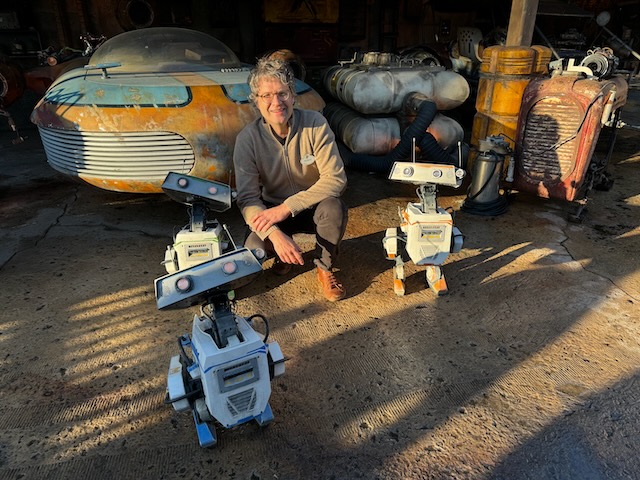Moritz Bächer
Associate Lab Director, Robotics, Disney Research

I’m the Associate Lab Director of Disney’s Zurich-based robotics team, where I lead a strategic program focusing on the development of novel model- and learning-based tools for the design and control of believable robotic characters.
My core expertise is the optimal design and control of both soft and rigid systems, using a combination of differentiable simulation and reinforcement learning.
Prior to joining Disney, I received a Ph.D. from the Harvard School of Engineering and Applied Sciences and a master’s degree from ETH Zurich.
news
| Feb 10, 2025 | I will give a talk at NVIDIA GTC on March, 19, 2025. |
|---|